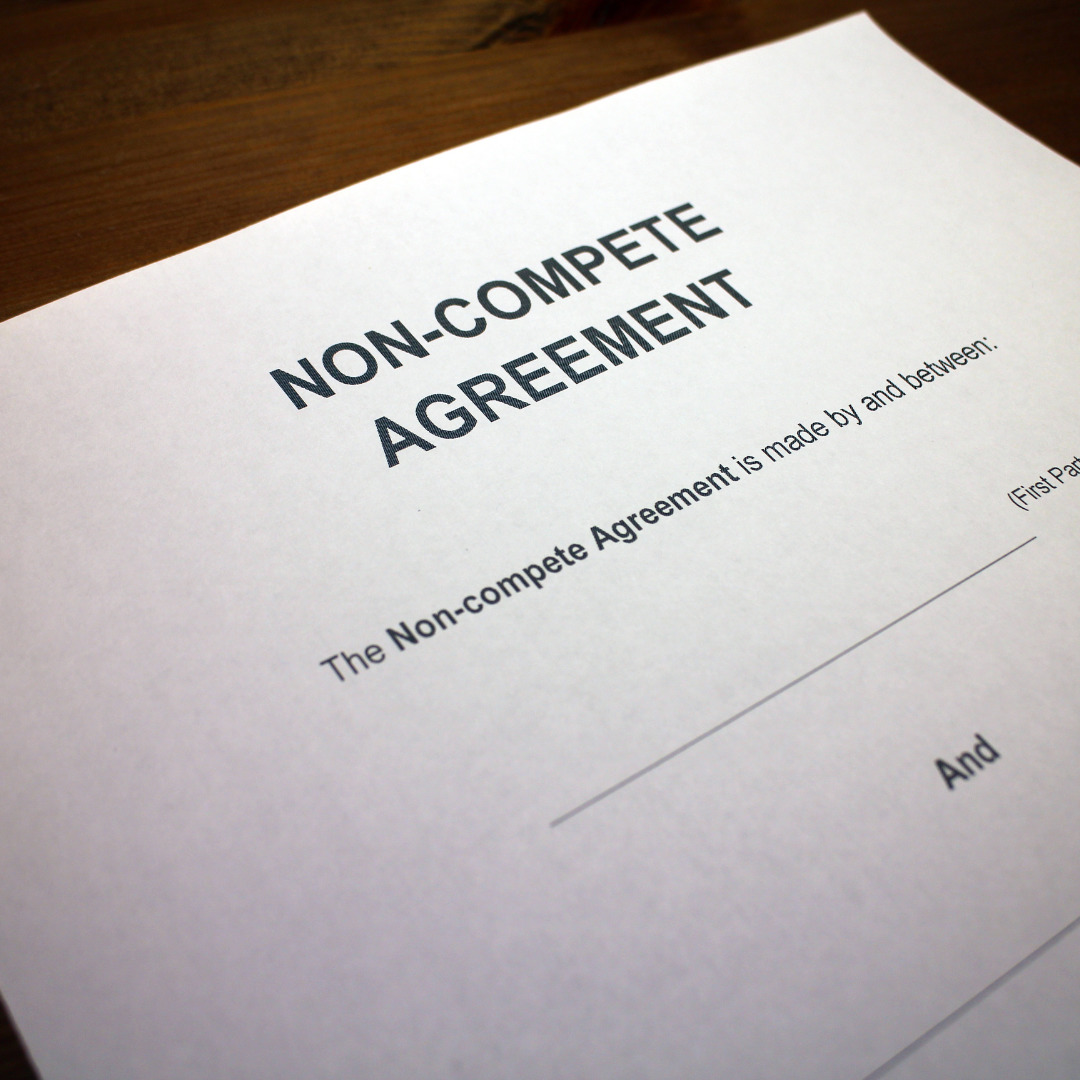It is well established in Pennsylvania law that a non-competition agreement signed at the beginning of employment is enforceable if it is reasonable in its duration and scope. Yet, employers often attempt to compel employees to sign non-competition agreements after the employment has begun. Perhaps the employer overlooked the document during the hiring process. More likely, the attempt comes much later when the employer suddenly realizes the potential impact on its business if a key employee should leave.
Employers in Pennsylvania are required to offer an employee more than just continued employment to enforce a non-competition agreement signed after employment has begun. In Socko v. Mid Atlantic Systems of CPA, Inc., decided by the Pennsylvania Supreme Court in November 2015, the defendant’s employer foolishly decided the non-competition agreement its salesman, David Socko, signed in 2009 when he was hired wasn’t strong enough. In 2010, it asked him to sign a far more restrictive agreement. The agreement specifically noted that it superseded all prior agreements. Mid Atlantic did not extend Mr. Socko any additional benefit for signing the agreement, not a raise, not a bonus, not an extra week of vacation. When Mr. Socko left to work for a competitor in 2012, Mid Atlantic attempted to enforce the 2010 agreement.
The Supreme Court held the 2010 agreement was unenforceable because Mid Atlantic did not provide Mr. Socko “consideration,” a valuable benefit, in exchange for signing the agreement. Because non-competition agreements have historically been looked upon with disfavor in Pennsylvania jurisprudence, the Supreme Court ruled that an employee is entitled to challenge a non-competition agreement for a lack of consideration even if the agreement contains language which states the employee intended to be legally bound by the agreement. Moreover, the language in the 2010 agreement that superseded all prior agreements prevented the employer from relying upon the less restrictive agreement signed at the beginning of the employment in 2009.
What if an employee refuses to sign a non-competition agreement even if the employer offers a valuable benefit in exchange? Unfortunately, in the employment-at -will environment, a refusal to sign a non-competition agreement properly supported by consideration is not legally protected. At least Pennsylvania employees are entitled to be compensated for agreeing to restrictions. In contrast, the New Jersey Supreme Court has held that continued employment itself is sufficient consideration for a non-competition agreement presented after hiring.
If you are presented with a non-competition agreement and have questions, call Scott Fegley at the Fegley Law Firm in Yardley, PA, (215) 493-8287 or email him at scott@fegleylaw.com. Mr. Fegley will help you make an informed decision about whether to sign a document that may restrict your ability to work for another employer.

